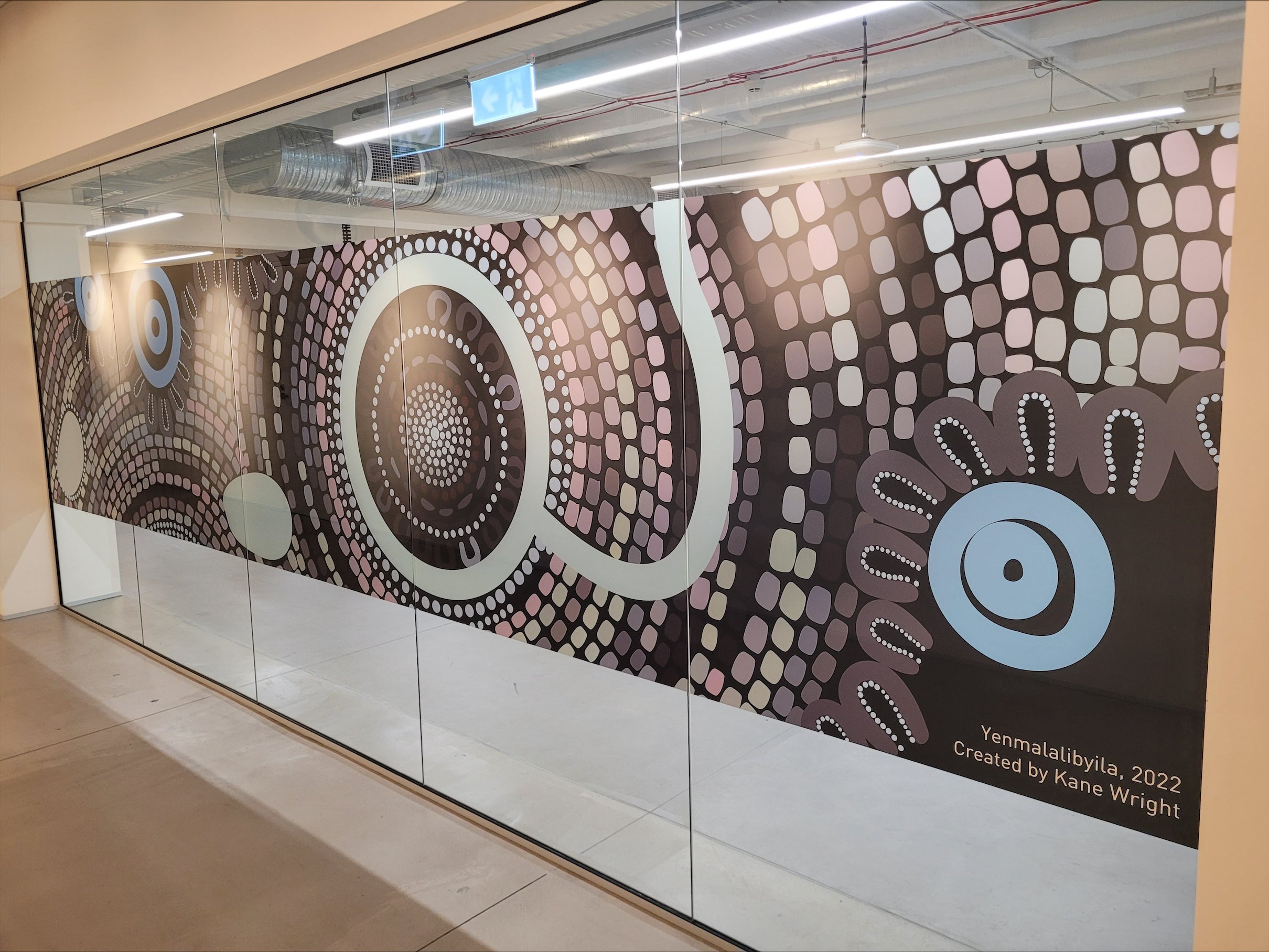First and foremost, Deadly Ed doesn’t speak for all First Nations people or every Aboriginal and Torres Strait Islander community. But we know that a lot of what this article will mention is felt by many Aboriginal businesses that operate around the communities we live and work amongst.
The ethos of Deadly Ed is driven by our passion for educating, our lived experiences around Aboriginal Education, and most importantly our deep connections to the oldest, living, continuing cultures in the world. As an Aboriginal-owned and run business, our prime goal is to ensure anyone, anywhere, can access quality and authentic Aboriginal Education. What’s most exciting about our job is that the services we provide to the education and corporate sectors are in high demand. Being able to share our rich and diverse cultures and bring non-Indigenous Australians into a space where they can develop or extend their appreciation for the First Peoples of the land we now call Australia, is a feeling that can sometimes be tricky to articulate because it’s incredibly fulfilling.
But have you ever thought about how you engage with First Nations businesses you seek out to book for cultural programs in your workplace? While we love being out in the community educating people about Aboriginal ways of knowing and doing, the process of booking our services can at times be tedious and quite frankly a little frustrating. This doesn’t mean we’re not grateful for our work opportunities. But we’ve got some tips for anyone looking to seek out First Nations businesses and book their services.
Seeking quotes
When seeking quotes be clear about your intentions especially if you’re shopping around. If you get in contact with a First Nations business but you’re not ready to commit to the negotiated work, don’t be let down if you decide a week later when you’re ready to move forward and we’ve booked out our time with another client.
Plan ahead
To avoid missing out, plan ahead. If you’re a school looking for an Aboriginal Education service provider for Staff Development Days, Reconciliation Week, NAIDOC Week, Close the Gap Day or any other day of significance to First Nations peoples, just know many other schools or businesses in the community are seeking out the same or similar local First Nations businesses as you. If you know you need a First Nations business to ensure your facilitation of Aboriginal Education is authentic then plan ahead. This doesn’t mean you shouldn’t reach out to businesses last minute, but don’t be disappointed if you are finding it difficult to lock someone in as dates draw closer. If this is a challenge you face, be willing to be flexible. Perhaps think about focusing on more than the common events we celebrate within our communities. Aboriginal Education is a year-round commitment – dare to be different at times.
Consider the cost
Despite the narrative pedalled by some across our wider community, we’re not out here living in free houses, driving free cars or having our HECS debts cleared. A lot of First Nations businesses are small businesses, with many being run alongside full-time jobs. This means that often if there are materials needed to be sought to create resources or run a cultural workshop in your organisation, an upfront deposit or payment in full upon booking is necessary. Further to this, price doesn’t always reflect quality either. Just because a non-Indigenous service provider running ‘cultural workshops on Country’ is cheaper than an Aboriginal service provider doesn’t mean you’re engaging effectively with Aboriginal Education or achieving that priority in your Reconciliation Action Plan (RAP). This is just a case of someone capitalising off our culture and you endorsing that. Our expertise as First Nations people comes at a cost – respect this. While we’re discussing expertise, we ask non-Indigenous Australians to consider the fact that we are not experts in every single part of all First Nations cultures. Some of us are gifted storytellers, some of us can read and know Country in ways unimaginable to non-Indigenous people, some of us are artists and musicians, some of us are great teachers and so forth. Within reason, services cost what they cost.
Reach out respectfully
Currently, there’s a lot of talk around allyship, truth-telling, and a greater desire to create better opportunities for self-determination for First Nations peoples. We see the support for all of those things from many non-Indigenous Australians. But do you know what goes against those values?
Interrogating First Nations businesses about their expertise. Have respect for First Nations people and their area of expertise when seeking to book their services. You wouldn’t interrogate the New South Wales Teachers Federation Centre for Professional Learning about how good their professional learning is and if you could come along to a day for free to see if it’s worth paying for. We’re wildly unsure why people think it’s ok to scrutinise First Nations businesses like this either.
Something else that goes against support for allyship, truth-telling and First Nations self-determination is asking for services or resources for free or in exchange for reach or a network. Especially partnerships, with exclusive non-compete clauses or simply wanting to ‘partner’ with a First Nations business to boost your own image or sales (it’s glaringly obvious). Something non-Indigenous businesses who are looking to collaborate with First Nations businesses should look at is our right to Indigenous Cultural and Intellectual Property (ICIP).
Lastly, research and read up about First Nations businesses before you engage them. Every legitimate Aboriginal or Torres Strait Islander business owner is very clear about where they and their workers come from. Given the historical consequences of a lot of mob being removed from their homelands and the effects of urbanisation, many First Nations people live off their ancestral homelands. Don’t complain after being provided with a service about a business not being local to your area.
There are so many Aboriginal businesses around the communities we live in that are thriving and this is deadly as to see. So, remember, when you book ours or any other black business’s services, know that First Nations-led and run businesses benefit more than just the owners – our work helps entire communities. Engaging with us, respectfully, has a larger impact than you know.





